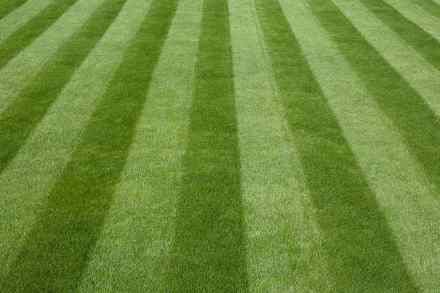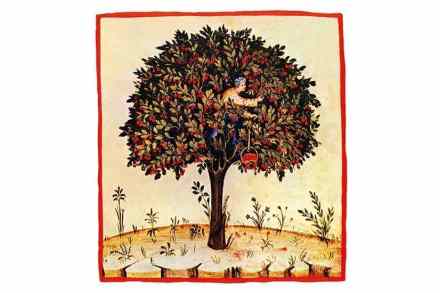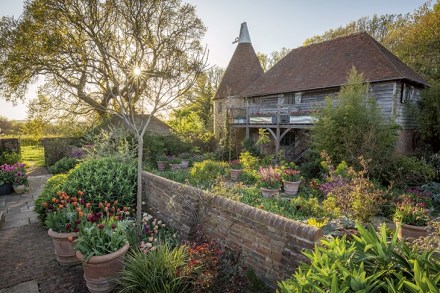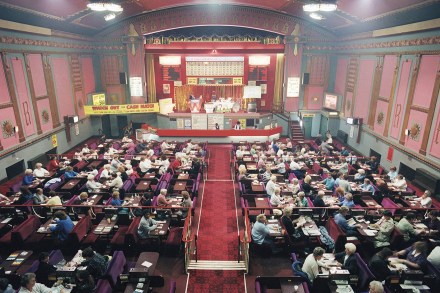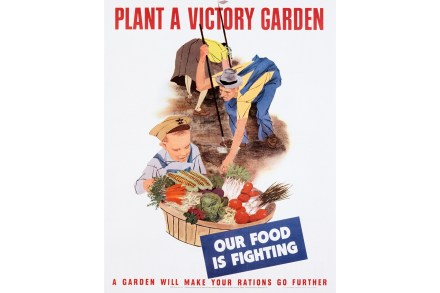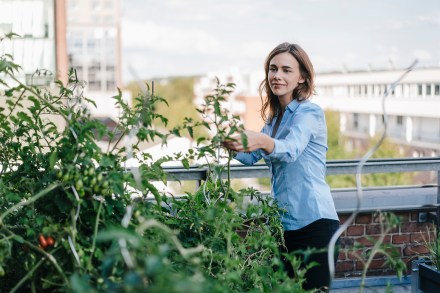Chelsea Flower Show: the winners, the losers and the weeds
If you’d read the advance coverage of this week’s Chelsea Flower Show, you might be forgiven for thinking the entire event had been choked by bindweed, dandelions and nettles. Yes, there are some show gardens that use plants commonly called ‘weeds’ as part of their designs, but the show gardens this year really aren’t radically different to the traditional Chelsea model. And regardless of the planting choices, there are some real gems to be seen. The highlights The RHS’s Best in Show award went to Charlotte Harris and Hugo Bugg’s magnificent Horatio’s Garden design. This is the eighth garden provided by the charity to hospital spinal injuries units across the




